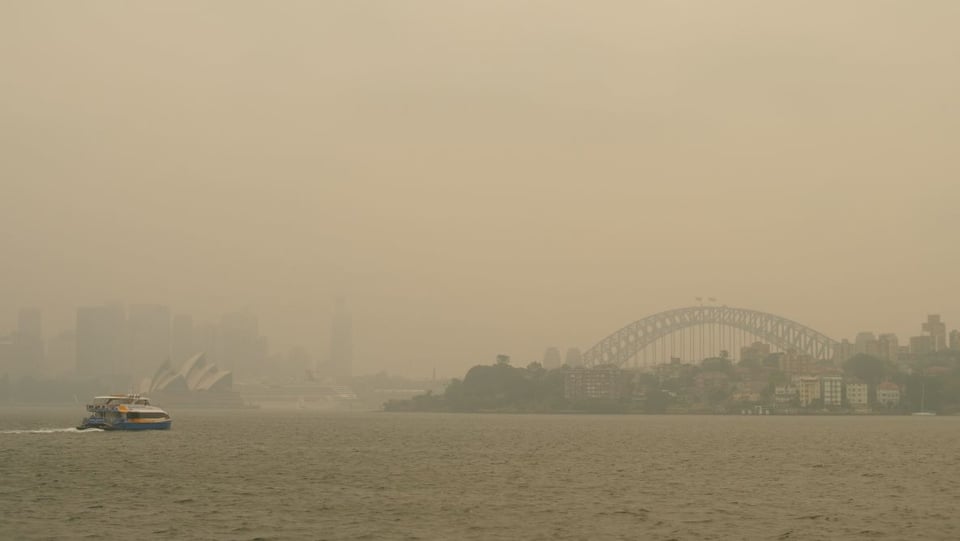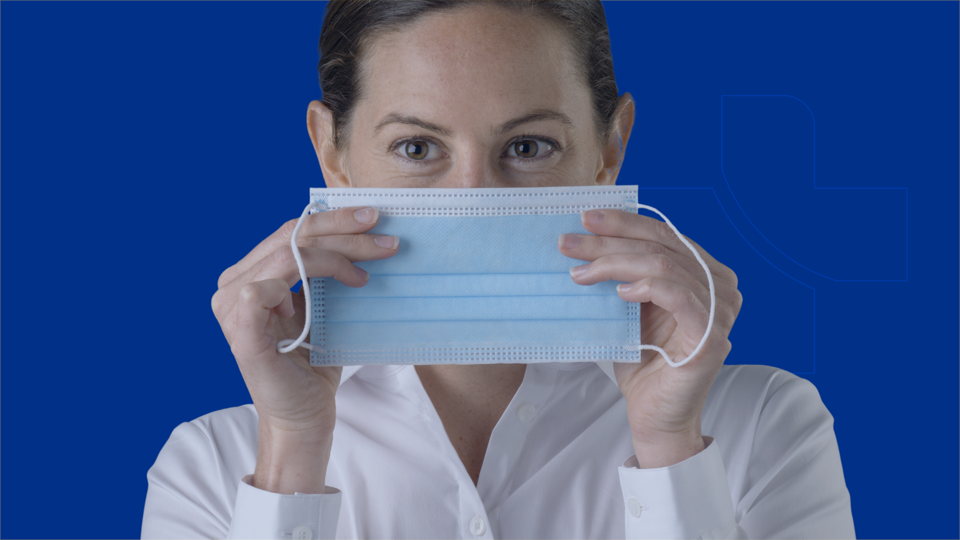While face masks have been a mandatory form of personal protective equipment (PPE) in industries like healthcare and construction, they were quickly adopted by the general public as a form of protection during the COVID-19 pandemic.
However, even as mask mandates have been lifted, face masks continue to be used across various settings. Ultimately, it seems that face masks are here to stay due to evolving health, environmental and workplace safety concerns.
The growing importance of personal and public health protection
Although government-mandated health measures have been relaxed since the pandemic, respiratory illnesses, like the flu, RSV and different COVID-19 strains continue to circulate in the community.
Face masks and respirators are widely accepted as an effective form of protection against respiratory diseases and airborne contaminants. They offer protection against the transmission of respiratory illnesses by acting as a physical barrier, blocking the inhalation of harmful airborne droplets. At the same time, they also provide an effective source control method when worn by infected individuals by capturing infectious droplets so they can’t spread.
Despite face masks becoming more commonplace in Australia in the wake of the pandemic, other countries have embraced mask-wearing as the norm for public health for decades. In countries like Japan, Singapore and Hong Kong, habitual mask use is an accepted part of everyday life. Residents across many Asian countries use face masks as a form of protection against pollution and poor air quality. And while masks are commonly used as an infection control measure, their use is often viewed as an act of social responsibility and solidarity rather than a means of personal protection.
Climate change and increasing air pollution
While face masks were once primarily associated with infection prevention, they are increasingly being used as a defence against worsening air quality. Climate change and rising pollution levels are making the air less safe to breathe in many parts of the world, leading to greater reliance on masks for personal protection.

Air pollution is quickly shaping up to be one of the biggest environmental threats to public health, with the World Health Organisation (WHO) linking long-term exposure to pollutants to respiratory diseases, cardiovascular conditions and even premature death. The fine particulate matter found in poor-quality air can penetrate deep into the lungs and bloodstream, causing inflammation and long-term damage. As such, high-filtration respirators like N95 surgical respirator masks are often recommended to minimise inhalation of harmful particles.
As climate change intensifies, so do extreme weather events like wildfires. Smoke pollution can travel long distances and linger for weeks. Respirator masks, such as N95 surgical respirator masks and P2 respirator masks, help filter out harmful fine particles from smoke, reducing the risk of respiratory issues like asthma flare-ups, bronchitis and long-term lung damage.
Climate change is also linked to increasing pollen levels, triggering seasonal allergies in more people. For those affected, masks offer a simple yet effective way to block airborne allergens like pollen, dust mites and mould spores.
Workplace and industry mask requirements
The use of face masks and respirators has long been mandated across various professions and industries, including construction, healthcare and manufacturing, with respiratory protection a key component of workplace health and safety. Under Australian work health and safety laws, employers must assess risks and provide appropriate PPE, including face masks, when necessary.

Key regulatory frameworks that require the use of face masks include:
- National Safety and Quality Health Service (NSQHS) Standards: Mandating mask use in healthcare settings.
- Safe Work Australia guidelines: Provides industry-specific recommendations for respiratory protection and is responsible for developing and enforcing Work Health and Safety (WHS) Regulations
As workplace safety continues to evolve, masks are expected to remain a staple in occupational health policies, ensuring workers are protected from both airborne infections and environmental hazards.
Increased awareness of infection prevention beyond COVID-19
Ultimately, the COVID-19 pandemic demonstrated the effectiveness of face masks in protecting against and preventing the spread of airborne diseases and respiratory illnesses. As a result, the vast majority of people are now much more conscious of the role of face masks in disease prevention, particularly in crowded, confined or high-risk spaces like public transport, hospitals and aged-care settings.
Similarly, the general public has adopted face masks to protect against colds, the flu and other seasonal illnesses, as well as pollution and poor air quality. With face masks becoming a more accepted form of disease prevention and respiratory protection, it’s likely that they’ll continue to play a key role in global pandemic preparedness in the future.
Innovations in mask technology and sustainability
With the global adoption of face masks and respirators also comes a raft of environmental concerns. As such, many mask manufacturers, including Detmold Medical, are leading efforts toward more sustainable respiratory protection. Sustainability efforts are driving innovations in respiratory protection, leading to more eco-friendly mask options, including biodegradable and compostable solutions.
So, if you’re after some fresh face masks to add to your daily rotation, explore Detmold Medical’s range of high-quality, sustainably produced masks and respirators or shop the range online.




